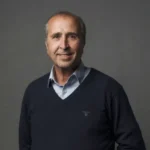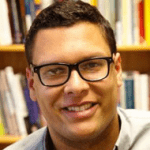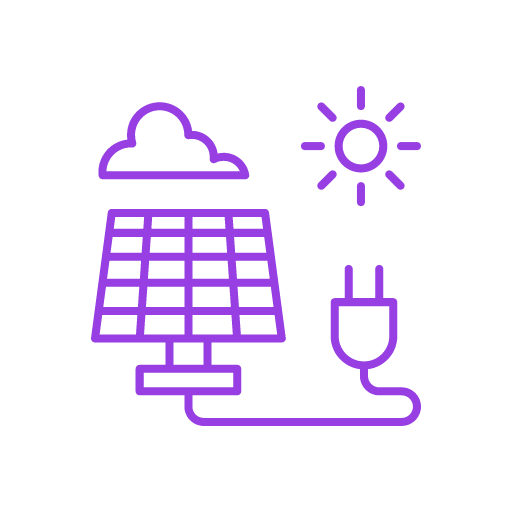Circular economies that treat waste as a resource and work to reduce emissions are having an impact on industry and institutions in Morocco. To learn how it is done, we hosted an engaging presentation by Dr. Abdelghani El Asli, Environmental Sustainability lead and full professor at the School of Science & Engineering, Al Akhawayn University, Ifrane (AUI).
Dr. El Asli heads the Competence Center of Sustainable Resources and Energy Management at AUI and collaborates across national borders with Trier University in Germany and other institutions. His research spans bioenergy, green buildings, and circular economy approaches to sustainability.
In his talk, Dr. El Asli explores circular economies as practical pathways to decarbonization in Morocco and beyond.
- Biodiesel production from used cooking oil as a multidisciplinary model of adding value to a waste product
- Biogas production from local biomass
- The role of the Competence Center for Sustainable Resources and Energy Management at AUI in decarbonizing Moroccan industry
- A case study on developing a zero-emission campus at AUI
This presentation is a part of the Engineering for Change Seminar Series, presented by Dr. El Asli and moderated by Dr. Jesse Austin-Breneman, Associate Professor of Mechanical Engineering at Olin College of Engineering. Seminars present an opportunity to discover research on topics in engineering for sustainable development from leading global experts. Participants ask questions, share ideas and learn more about vital research.
Presenter

Dr. Abdelghani El Asli is full professor in the School of Science & Engineering at Al Alkhawayn University (AUI) in Ifrane. He earned an M.Sc. from the City College of New York and a Doctorat d’État from the University Abd Elmalek Essaadi in Tétouan, awarded jointly with the Institute of Microbiology at Heinrich‑Heine‑Universität in Düsseldorf, Germany.
His pioneering research focuses on the bio‑valorization of natural resources and organic by‑products, centering on the bioconversion of lignocellulosic biomass, lipids, and other organic substrates into renewable bio‑energies, including bioethanol, biogas, and biodiesel (notably via microalgae). His interdisciplinary work also spans green building, sustainability, educational use of IT, resource management, carbon capture systems, and the advancement of zero‑emission strategies through circular economy and material flow management.
At AUI, Professor El Asli directs the Competence Center for Sustainable Resources and Energy Management, driving key international partnerships with institutions like Trier University and the Technische Hochschule Ingolstadt (THI) in Germany. Honored twice with prestigious Fulbright scholarships, he has also completed advanced training in water integrity, transboundary water management, and global health.
Moderator

Dr. Jesse Austin-Breneman is an Associate Professor of Mechanical Engineering at Olin College of Engineering. He earned his Ph.D. in Mechanical Engineering in 2014 from MIT. He also holds a S.M. in Mechanical Engineering from MIT and a B.S. in Ocean Engineering also from MIT. Previous to his academic career, he worked as a development engineer in Peru, working with rural communities on alternative business opportunities and with local doctors’ groups on medical device development. He also spent two years as a high school mathematics teacher in Boston, MA. He currently is the director of the Global Design Laboratory. The group focuses on developing design processes and support tools to help multi-disciplinary design teams think at a systems-level when performing complex system design tasks. This includes investigating the best way to incorporate system-level interactions between stakeholders in emerging markets into the design decision-making process.
The Engineering for Change Seminar Series features academic laboratories researching solutions to meet the United Nation’s Sustainable Development Goals. The world’s cutting edge research deserves a platform with a global audience. Join us for presentations of new findings from investigative teams around the globe. And researchers, we welcome your applications to take part in the series. Please send an email to editor@engineeringforchange.org.

